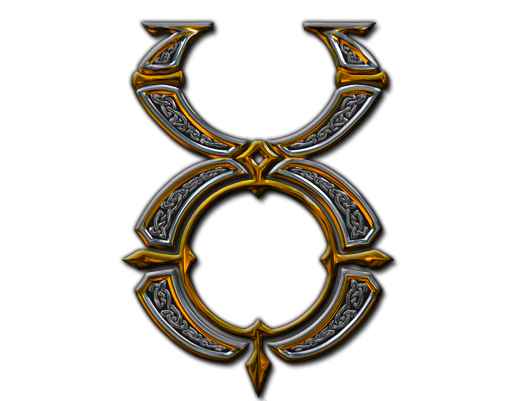About
The ClassicUO Web Client is the closed-source web-based version of the ClassicUO Ultima Online client running entirely in your browser. It's powered via WebAssembly with additional features built in React.
It's free to use, we receive no monetary gain from the project and pay for the hosting costs out of our own pockets. If you would like to donate we welcome it, but it is not necessary.
Highlights
- Browse and join multiple servers or discover new ones through the Server List.
- No need to manage game files; they are automatically fetched and updated.
- Improved quality-of-life features built using web technologies.
- Requires only a compatible web browser (Chrome-like) and a few gigabytes of free disk space to play.
- Achieves speeds close to a native desktop ClassicUO installation.
Philosophy
ClassicUO Web aims to provide a more accessible and easy way to play Ultima Online, similar to Oldschool Runescape.
Our goals include:
- Improve the accessibility and visibility of UO free shards by making a "one-click" play experience, new players can join a shard in less than a few minutes.
- Overhaul the outdated UO user experience with quality-of-life features and sleek user interfaces leveraging modern web technologies.
- Help new players manage the complex learning curve with mechanics and systems that can be overwhelming.
- Remove the burden from players on keeping their client, files, and assistants up to date.
- Provide a consistent client setup that follows on any device via cloud-syncing.
- Better integration for shard owners to create unique experiences via web-based modding.
- Making the game more robust against cheaters with an always up-to-date unified client.
How does it work?
The client
The web client at it's core is the C# desktop ClassicUO client compiled into WebAssembly using a custom build process and many (many) necessary workarounds in C#/JS to make it run in a browser. However, on its own it would be unusable without the additional projects we've built around it, like the runtime interop, backend APIs, CDNs, user authentication, assets, and shard management.
Web Assistant
The web assistant helps ease some of the cumbersome parts of playing a 25+ year old game.
The UI is a layer on-top of the client, built with React components, replacing some functionality of the client such as managing game options and hotkeys. As well as providing quality-of-life features for item management, looting, equipment, chat and more.
It also has extensive support for automation using the built-in sandbox for executing using visual programming scripts (Blockly) or more advanced code scripts (Typescript), however these can be disabled per the shards rules.
Content
As outlined in our patching guide for shard-owners, the system uses content-addressable delta-binary diffs. The content is delivered to users in chunks via a global CDN, each content chunk is persisted in the users browser storage using the Origin Private File System APIs.
First time players typically take less than a few minutes to fetch all content and get to the login screen, depending on their internet connection speed.
Network
Standard UO clients connect to shards via a direct TCP connection, however due to web security standards this is not possible in a browser. To work around the limitation we use a WebSocket proxy (GameProxy), which essentially acts as a hop to forward the connection onto the shard itself.
The GameProxy is geographically spread out across the world in 30+ locations on an anycast address, ensuring the lowest-latency possible. This can cause some (solvable) issues with shards who have IP-based limits.
Shard Management
Shard staff have access to a separate application called the Shard Management. It allows them to manage their patches/content for their shard, alter their shards details, and customise their appearance on the Server List to hopefully stand out to players.
